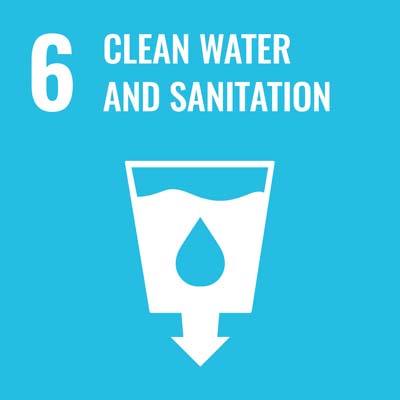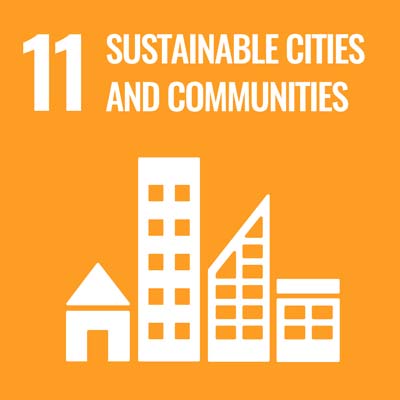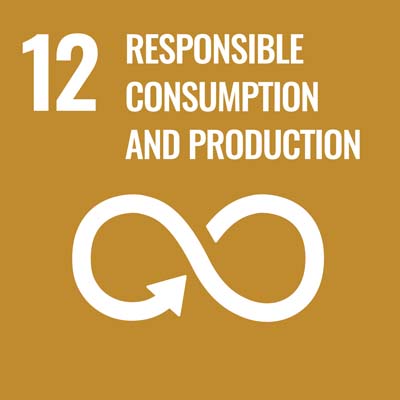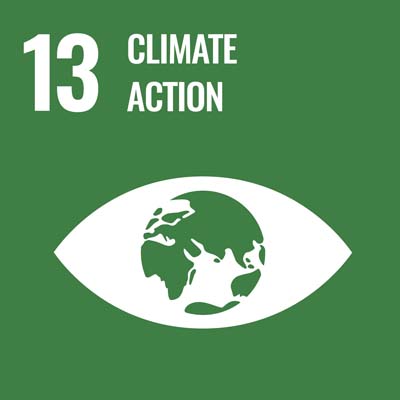- DatesMay 2023-May 2025
- SponsorEuropean Space Agency
- PartnersHYDROHM, Belgium
Providing water, food and a breathable atmosphere for the astronauts is one of the major challenges for human space exploration. Human presence in space is currently supported by a regular resupply of these life support consumables from Earth. Regenerative life support systems rely on the mission waste streams for in-situ oxygen, water and food production. Urine is such a waste stream, and it is the main resource of water and nutrients in space. At present, on the International Space Station, urine undergoes physico-chemical treatment to recover water, thereby reducing water resupply needs by 80%. Yet, 98% of water needs to be recovered to enable crewed missions to Mars. On long-duration missions and in permanent settlements, regenerative life support systems (RLSS) must also provide food, necessitating nutrient recovery from wastes. An estimated 80% of nitrogen in the food consumed by astronauts (9-19g protein-N per astronaut per day). Nitrogen is, after carbon, the second most important nutrient in a RLSS. Urine recycling is thus of key interest in RLSS to recover water and nutrients.
The URINIT project focuses on establishing the feasibility of an intensified and robust process water and nutrient recovery from urine for space exploration, by combining innovative technologies. The integrated process includes the URIDIS system developed by HYDROHM that focuses on urine disinfection, combined with novel technologies aimed at ammonia conversions, phosphorus, and clean water recovery. The water nutrients recovered will be characterised and the best configuration for urine processing proposed after completing mass and energy balances to the combined technologies.





